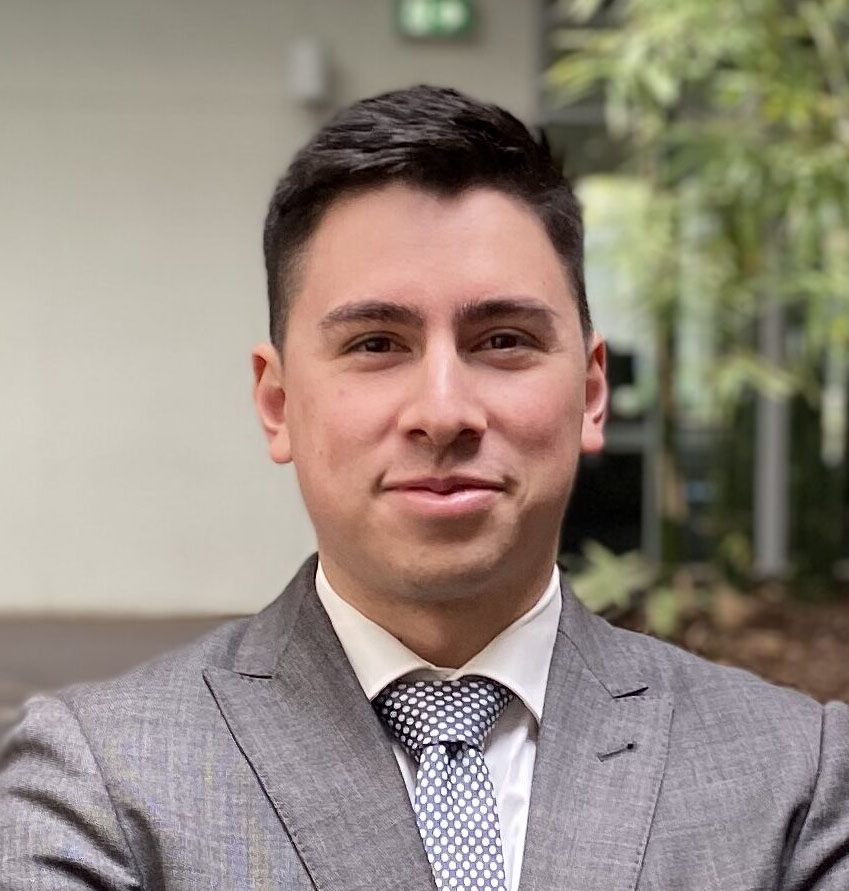Making travel part of your financial plan
Whenever I sit in front of a client, one of the things that we try to do in an initial meeting is to scope out what is important to them. This can be goals such as retiring, upgrading the family home, ensuring children are financially cared for, etc. One desire that often pops up is travel; it forms many people’s wants’ when discussing what is important to them.
Having just returned from six weeks in Europe and still coming to terms with this Melbourne weather, I can understand the importance of getting away and having a break, along with the joy that can come from the memories you create. Travel isn’t necessarily cheap and is something that needs to be planned for so that we can ensure that it happens. In this blog, I will outline ways to make travel part of your financial plan so that these holidays happen!
Set Clear Goals
The first part of any sound financial plan is working out what is important to you and defining your goals. You can determine where your spare cash flow needs to go by sitting down and working out what is most important to you. When you spend money on travel, it’s money that you could have allocated to other areas, such as debt reduction or retirement planning, so it’s essential to understand what goals you have and what impacts spending money on things such as travel can have on your future financial plans.
In life, we may have many goals and competing priorities, so it becomes crucial to sit down and work out your non-negotiables and areas you are willing to compromise to ensure that the non-negotiables happen. This is where financial modelling helps to see the opportunity cost of spending money on specific goals and preceding others so you can make an informed decision.
Create a Travel Fund
To make travel part of your financial plan, establish a dedicated travel fund or savings account without the potential for capital loss. Set up automatic transfers from your main account to this fund regularly; I like to do this each day I get paid so the funds fly out of my account immediately. This “pay yourself first” approach ensures you prioritize your travel goals and build your fund steadily over time. Having the funds sit somewhere separate with a specific function makes you more likely to hit your travel goal.
Create a Travel Budget
When planning a trip, create a detailed travel budget. This budget should include all anticipated expenses, such as flights, accommodation, meals, activities, and travel insurance. Research your destination thoroughly to get accurate cost estimates. Having a clear budget will help you save and plan for your trips effectively and ensure that your holiday doesn’t cost you more than expected.
Use Travel Rewards and Loyalty Programs
Make the most of travel rewards and loyalty programs from credit cards, airlines, and hotels. These programs can significantly save flights, accommodation, and other travel expenses. Credit cards may even include travel insurance, which can be a good saving if you are a regular traveller. However, it’s always essential to use them responsibly and avoid racking up a big credit card bill travelling. It is also vital to ensure that any fees associated with these cards make sense and provide value for your travel type.
Travelling the world doesn’t have to be at odds with your financial future. With some planning and specific actions, you can easily make travel an integral part of your financial plan. As I often speak about in my blogs, we preach lifestyle-focused financial planning. Travel is important to me, and while it may cost money, money is just the vehicle to help you achieve your goals. With the right financial plan and strategy, you can achieve travel and still be able to hit future goals you may have.
As always, if you have any questions or need help to make holidays happen, feel free to contact me via email at zac@pekada.com.au.
Zac is a qualified financial planner at Pekada and host of the Wealth Collective Podcast. Living in Melbourne, Zac has six years of experience in advice and specialises in wealth accumulation and protection strategies. He loves to keep his finger on the pulse for the best strategies for wealth accumulators looking to build and protect their wealth tax effectively. Zac has been featured as an expert in Money Magazine.

